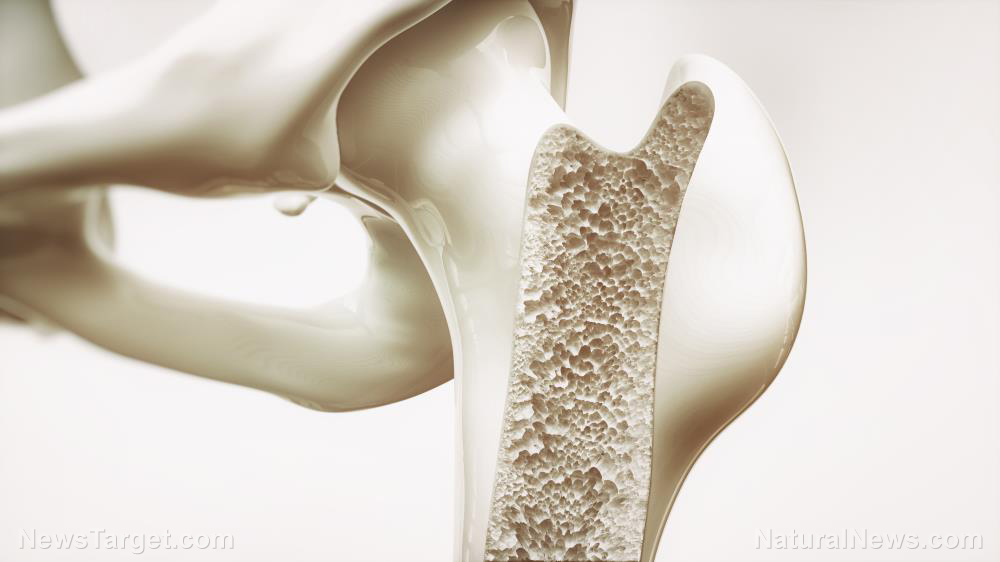
The study was published in the journal JAMA Neurology.
When you're young, you may be more concerned about obvious signs of poor health like sudden weight gain or acne breakouts. Not many young people consider their blood pressure, which can significantly affect brain and heart health.
Blood pressure is measured using two numbers:
- Systolic blood pressure (SBP) – SBP is the top number in a blood pressure reading. It refers to the pressure against which your aorta has to pump. The aorta is a large vessel off the left ventricle and it sends blood from the heart to the rest of your body. The higher the pressure, the harder the aorta and the left ventricle have to work to send blood to the rest of your organs.
- Diastolic blood pressure (DBP) – DBP is the number on the bottom. It refers to the pressure in the systemic arterial circulation as your left ventricle is filling with blood to prepare for the next heart contraction. Increased pressure makes your heart work harder, causes arterial stiffness, and results in less efficient blood flow. This increased pressure also decreases the amount of oxygen and essential nutrients sent throughout your body.
Five categories are used to define blood pressure readings:
A healthy blood pressure reading is less than 120/80 millimeters of mercury (mm Hg).
When your blood pressure is elevated, SBP is between 120 and 129 mm Hg while DBP is less than 80 mm Hg. Physicians don't require treatment for elevated blood pressure, but they may recommend certain lifestyle changes to help lower your numbers.
In stage 1 hypertension, SBP is between 130 and 139 mm Hg or DBP is between 80 and 89 mm Hg.
In stage 2 hypertension, SBP is 140 mm Hg or higher or DBP is 90 mm Hg or higher.
A person experiencing a hypertensive crisis has an SBP over 180 mm Hg or a DBP over 120 mm Hg. Blood pressure in this range requires immediate medical assistance.
Blood pressure, gray matter, and brain health
In the present study, researchers discovered that people aged 19 to 40 whose blood pressures are chronically elevated have less gray matter volume. The areas of their brain with decreased gray matter were the same regions that are affected in older adults diagnosed with cognitive decline and changes in personality. (Related: You won’t believe what happens to your brain when you eat junk food.)
Poor blood delivery may negatively affect various organs. It is also linked to a decrease in the gray matter of the brain that contains the cell bodies, dendrites, and axon terminals of brain neurons.
The gray matter regions are crucial for cognition, emotional health, personality, movement, and sensation. Loss of gray matter can result in a greater risk of stroke, headaches, dementia, and other neurodegenerative diseases.
Lifestyle changes that can boost heart and brain health
Regardless of your age, you need to have good habits to maintain your overall health. The lifestyle changes enumerated below can help you maintain a healthy blood pressure and boost your brain health.
- Follow a nutritious diet full of fruits and vegetables. Fresh produce contains carotenoids, flavonoids, polyphenols, and other beneficial compounds that can keep your brain, heart, and blood vessels strong and healthy.
- Exercise regularly. Physical activity can boost long-term brain health. By exercising, you keep nutrient- and oxygen-rich blood pumping through your brain and body.
- Maintain a healthy weight. Being overweight can increase your risk of developing coronary artery disease, hypertension, metabolic syndrome, and vascular disease.
- Limit your alcohol intake and quit smoking. Both alcohol consumption and smoking can inflame your blood vessel walls. These habits can also increase blood pressure and negatively affect cerebral blood flow.
- Get your blood pressure checked monthly at a physician's office or at a pharmacy. If your blood pressure is mildly elevated, monitor it weekly and track the results as you make positive lifestyle changes.
- Have healthy sleep habits. Follow a regular sleep and wake schedule every day. If you suffer from sleep apnea, consult a physician. This condition is considered an independent risk factor for both hypertension and stroke.
Whether you're 20 or 60 years old, it's important to monitor your blood pressure. Make positive lifestyle changes to keep your blood pressure in check, boost your brain health, lower your risk for various health problems, and maintain your overall well-being as you age.
Sources include:
Please contact us for more information.






















